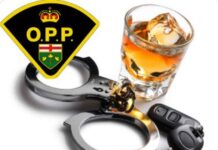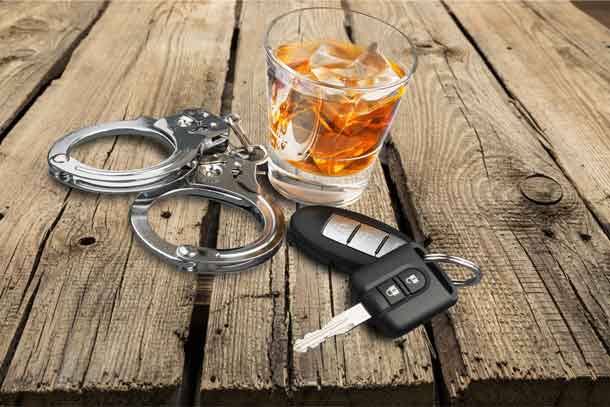 THUNDER BAY – Medical – A cold beer is for many people a refreshing break. For others, it can be a trip down the trail to addiction. Some people may consumer light beer or even de-alcoholized beer. However the latest research suggests that it is the taste as much as the alcohol. “We believe this is the first experiment in humans to show that the taste of an alcoholic drink alone, without any intoxicating effect from the alcohol, can elicit this dopamine activity in the brain’s reward centers,” said David A. Kareken, Ph.D., professor of neurology at the IU School of Medicine and the deputy director of the Indiana Alcohol Research Center.
THUNDER BAY – Medical – A cold beer is for many people a refreshing break. For others, it can be a trip down the trail to addiction. Some people may consumer light beer or even de-alcoholized beer. However the latest research suggests that it is the taste as much as the alcohol. “We believe this is the first experiment in humans to show that the taste of an alcoholic drink alone, without any intoxicating effect from the alcohol, can elicit this dopamine activity in the brain’s reward centers,” said David A. Kareken, Ph.D., professor of neurology at the IU School of Medicine and the deputy director of the Indiana Alcohol Research Center.
The taste of beer, without any effect from alcohol itself, can trigger dopamine release in the brain, which is associated with drinking and other drugs of abuse, Indiana University School of Medicine researchers reported.
Using positron emission tomography, or PET, the researchers tested 49 men with two scans, one in which they tasted beer and the second in which they tasted Gatorade. They were looking for evidence of increased levels of dopamine, a brain neurotransmitter. The scans showed significantly more dopamine activity following the taste of beer than the sports drink. Moreover, the effect was significantly greater among participants with a family history of alcoholism.
Results of the study were published online Monday by the journal Neuropsychopharmacology.
The stronger effect in participants with close alcoholic relatives suggests that the release of dopamine in response to such alcohol-related cues may be an inherited risk factor for alcoholism, Dr. Kareken said.
Research for several decades has linked dopamine to the consumption of various drugs of abuse, although researchers have differing interpretations of the neurotransmitter’s role. Sensory cues that are closely associated with drug intoxication (such as tastes and smells, or the sight of a tavern) have long been known to spark cravings and induce treatment relapse in recovering alcoholics. Many neuroscientists believe that dopamine plays a critical role in such cravings.
The study participants received a very small amount of their preferred beer — 15 milliliters — over a 15-minute time period, enabling them to taste the beer without resulting in any detectable blood-alcohol level or intoxicating effect.
Using a PET scanning compound that targets dopamine receptors in the brain, the researchers were able to assess changes in dopamine levels after the participants tasted the liquids.
In addition to the PET scan results, participants reported an increased beer craving after tasting beer, without similar responses after tasting the sports drink — even though many thought the Gatorade actually tasted better, said Brandon G. Oberlin, Ph.D., postdoctoral fellow and first author of the paper.
Also contributing to the research were Mario Dzemidzic, Ph.D., Stella M. Tran, B.S., Christina M. Soeurt, B.S., Daniel S. Albrecht, B.S., and Karmen K Yoder, Ph.D., all of the IU School of Medicine, the Indiana University Center for Neuroimaging and the IU Health Neuroscience Center.
The research was supported by grants — R01 AA017661, P60 AA 007611 and T32 AA007462 — from the National Institutes of Health, and from the Indiana Clinical and Translational Sciences Institute.







